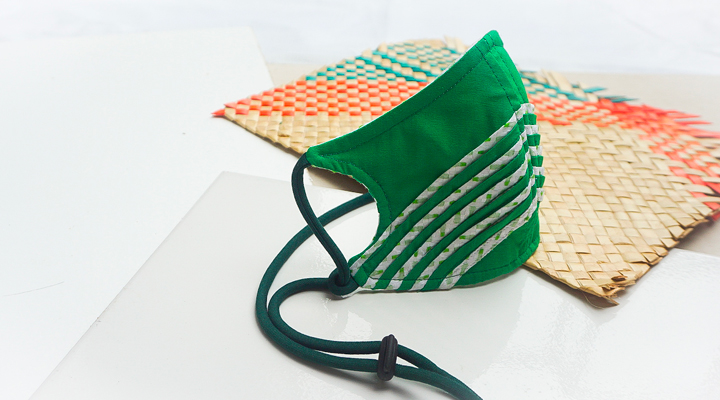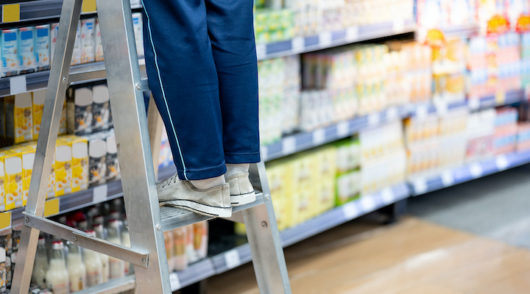Following Sydney’s lead, Perth and the coastal Peel region of Western Australia, as well as southeast Queensland, Townsville, Palm Island and Magnetic Island, have entered mandatory lockdown.
Unlike Sydney, however, WA’s lockdown is scheduled to only be in effect until Saturday, 3 July, while Queensland’s will last for three days – to Friday, 2 July.
“The lockdown will be in place for four days at a minimum,” said McGowan in a late night news conference.
As a result of this, impacted residents are required to work from home where possible, and can only leave for medical, exercise, or emergency reasons. Shopping for essentials is still allowed, but most retail stores in the region will be expected to shutter for the remainder of the week.
Queensland Premier Anastasia Palaszczuk has asked the Prime Minister to reduce overseas travel caps until the delta strain of the virus can be controlled.
Retailers will still be able to offer click-and-collect services, as well as delivery, while restaurants, cafes, pubs and bars can only offer takeaway.
The cases were confirmed to have originated from the Sydney cluster, with confirmed cases having returned to Perth and having been in the community before being tested – signaling the potential for further cases in the days to come.
“We hope this will be a circuit breaker which will give our testers and contract tracers time to nail down a truer picture of how far this outbreak has spread,” McGowan said.
“We need to take this very seriously, we know the risk Covid presents and we know from around the world that the Delta strain is another new beast that we can’t take any chances with.”
National clarity needed
According to ARA boss Paul Zahra, Australia needs to adopt a nationally consistent approach to lockdowns to ease the burden on businesses that trade across the country.
“For retailers with a national footprint, this lack of clarity is unnecessarily stressful,” Zahra said.
“Businesses are at the mercy of the different state and territory leaders in terms of what defines essential and how they might respond to new Covid cases in the community.
“Currently, lockdowns mean different things to different states: If you’re a fashion retailer in Sydney you’re still allowed to open under the current stay-at-home orders, however the current health instructions are to shop for ‘essentials’ only, leaving many retailers open with no customers.”
And, with the new lockdowns forecasted to pull $300 million from retailers around the country, according to NRA boss Dominique Lamb, struggling retailers are likely to suffer the most: as the opportunity to capitalise on end-of-financial-year sales is limited to click-and-collect and delivery sales only.
“Retailers understand the importance of public safety, but make no mistake this lockdown is going to have a damaging economic effect,” Lamb said.







